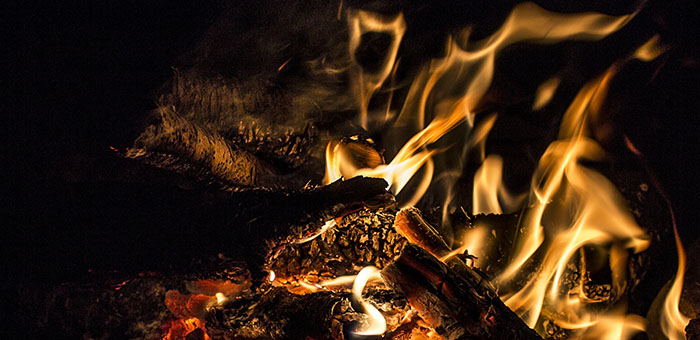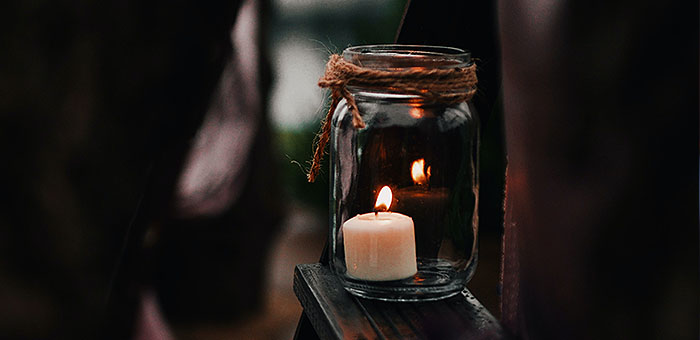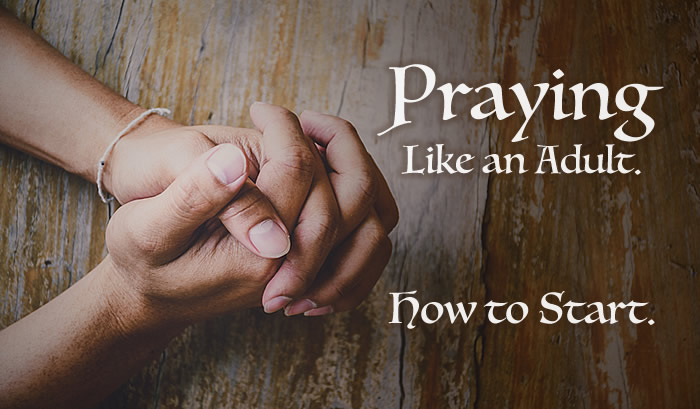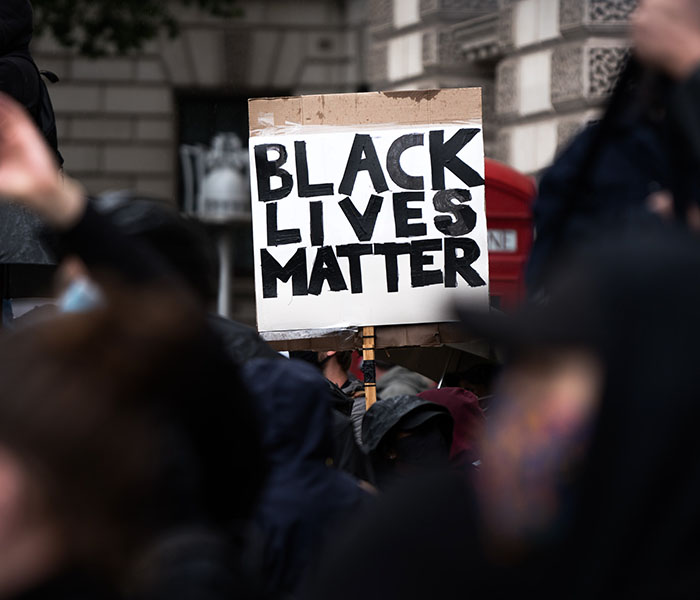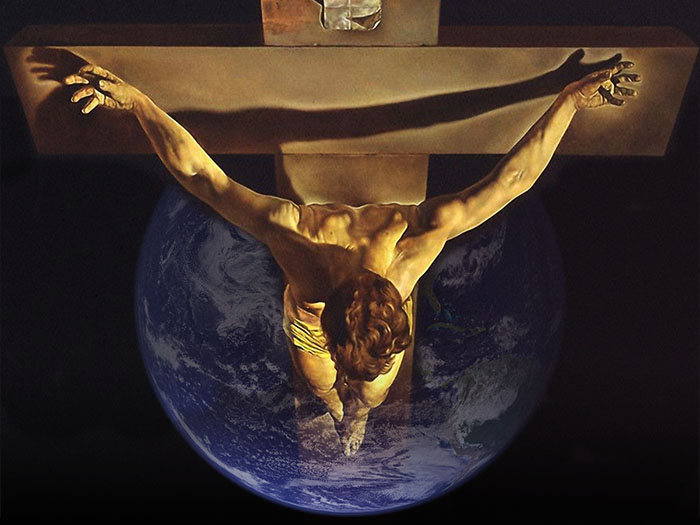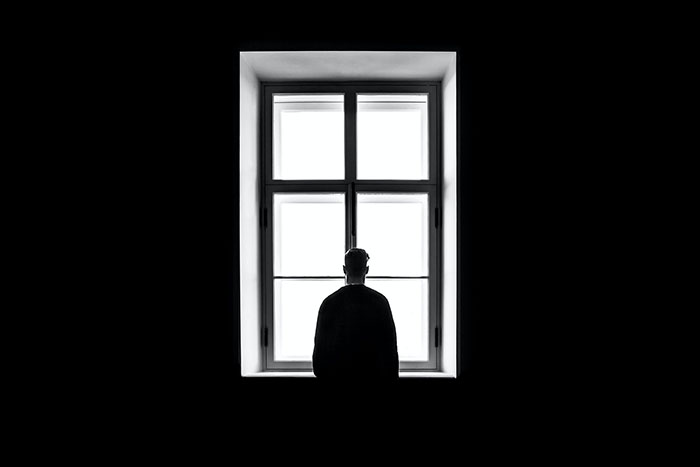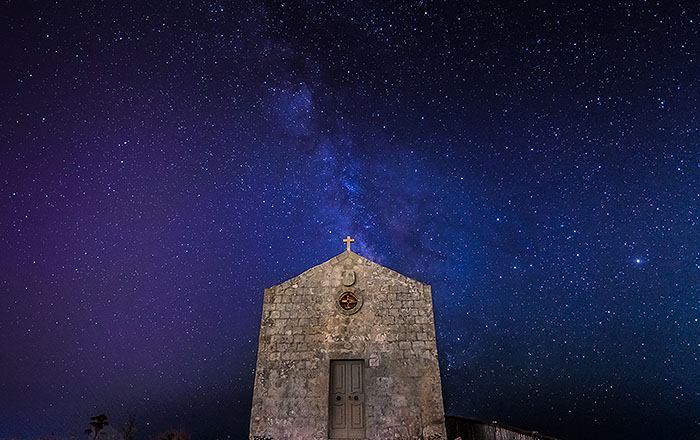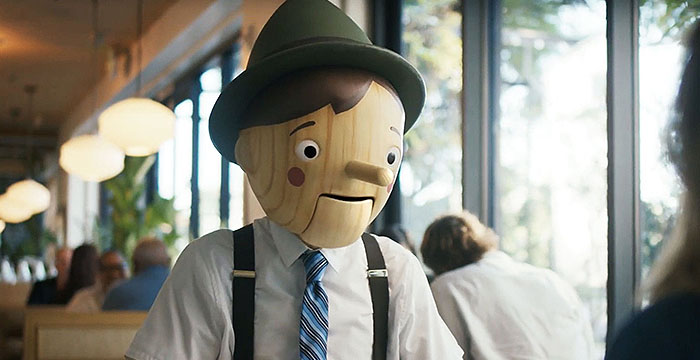
Growing up there were a few words or phrases that, when spoken, were sure to cause raised voices or sometimes physical confrontation. Words like “cheater” or “coward” or “traitor” were sure to bring a vigorous response.
But one that really started things down a bad road was to call someone a liar. The word carries such a condemnation that, spoken in anger, can completely define a person. Think of it. You’re not “misinformed”, or “ignorant” or “naïve” . . . no, you’re a LIAR! It’s like being slapped in the face.
We’re hearing this word used daily in the political and cultural debate going on in our country. So let’s examine the nature and purpose of a lie.
The Catholic Catechism defines a lie as, “speaking a falsehood with the intention of deceiving.” (2482) “To speak or act against the truth IN ORDER TO LEAD IN TO ERROR someone who has a right to know the truth.” It is a sin against justice and charity.
So what do we do when we’re not sure what we’re hearing is the truth? Cry liar, liar, pants on fire!? Maybe if you’re 9. But a Christian might first ask the person for data (facts) to back up their statement. OR, viewing the facts, asking how they’re being interpreted (persons can honestly come to different conclusions) OR respond with different facts and state perhaps a different conclusion.
This is called honest discussion. It requires patience and listening to each other and moderating our tone. Unfortunately these days we don’t seem to be mature enough to handle this kind of dialogue.
The basic presumptions necessary for life together are being challenged. And what are those?
- A basic presumption that when a person speaks they’re telling the truth. (Truth telling is the foundation of our ability to live together).
- A basic presumption that the person speaking is my brother/sister and possesses the same goodness and rights to life that I have.
A belief, that if we bare with one another in honest, generous conversation, we can find solutions to the most vexing problems
A belief that there is a “common good”. One based on truth and justice. Without these principles present things fall apart.
So what if, after all the above, you discover someone is lying? The Gospel says we must not ignore it. (Matt. 18: 15-20). Jesus says we are to go to our neighbor and “tell him of his fault between you and him alone. . . in the hope of winning over your brother.” If that fails, then one can invite others who can bear witness “so that every FACT may be established” and truth can finally speak. It’s a big deal to call someone a liar. We owe it to each other that such speech comes only as a last resort. Kindness dictates this. But justice is based on truth and it too must find a voice if we are to live together. Lastly . . . what about the upcoming election? The word “liar” is spoken everyday by candidates for office. What are we to do with these accusations? Should we choose sides and be ready to hate anyone who differs with us?
Instead, why not:
- Fact check. Read widely. Get the big picture of an issue (both sides); not what someone is yelling about.
- Ask for clarification. Write your congressman or representative, ask them to speak to your issue.
- Mistrust the person who uses yelling or name calling or rash judgement in trying to convince you. (These things are crutches for a lack of substance).
- Believe that truth can be found. Sometimes we have to work to find it.
- Pray for our country and community . . . that we will listen to the Spirit of God which brings truth, justice and mercy to our dealings with each other.
Don’t be afraid.
Fr. Tim

